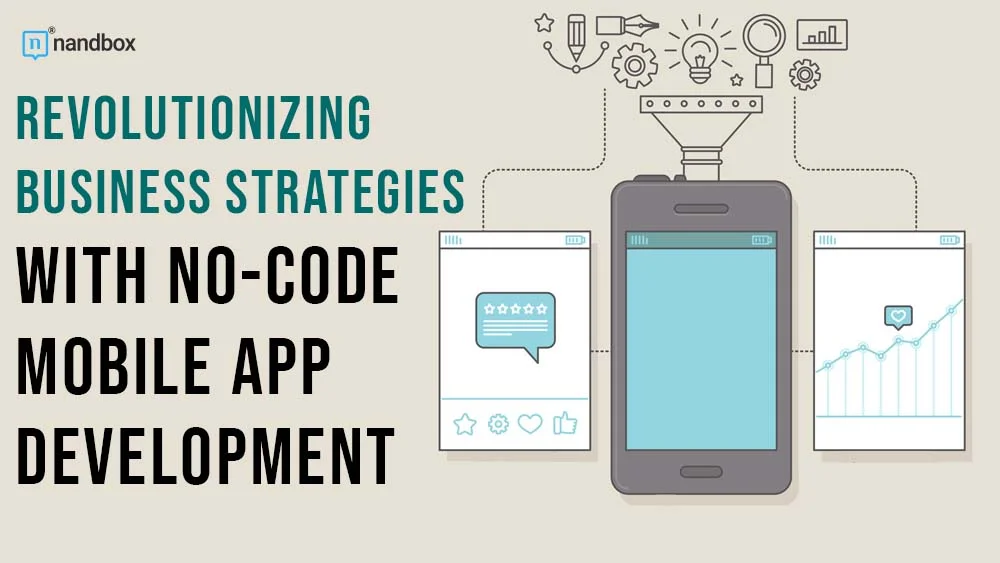Revolutionizing Business Strategies with No-Code Mobile App Development
According to a report by Gartner, over 50% of medium to large enterprises have adopted a no-code or low-code as one of their strategic application platform. Also, that’s half of the big players out there jumping on the no-code train. The reason behind it? By simplifying the app development process, no-code platforms enable companies to do various things. Like launch products that perfectly align with their operational needs and customer preferences without requiring deep coding knowledge.
Traditional Development
Traditionally, developing a mobile app would involve several things. Such as a lot of coding, debugging, and a team of developers who might spend months or even years perfecting the app. However, no-code development tools have flipped this narrative. Using intuitive drag-and-drop interfaces, anyone in the organization—from marketers to project managers—can contribute to the app’s development. This shift cuts down on development time and costs and also fosters a more collaborative environment where more voices can contribute to the final product. With no-code platforms, businesses can respond to market changes swiftly. Moreover, they can adapt their tools without waiting for lengthy updates or expensive developer inputs.
Enhancing Customer Experience through Personalization
One of the biggest perks of no-code app development is the following. It improves the way businesses can personalize specific details for customers. These no-code platforms have integration features that let apps smoothly link up with a number of databases and online services. What this means is that businesses can grab data on the fly. Additionally, figure out what their customers are really after. Then tweak their content and features to match exactly what people want.
Can you imagine a shopping app that knows just the kind of products you love? Or a service provider that adjusts what they offer based on what people are saying they need? No-code doesn’t just make these custom tweaks possible; it makes them unbelievably efficient. But here’s the thing: rolling out these personalized experiences isn’t just about slapping together an app and calling it a day. It’s crucial to have a strategic roadmap—a clearly defined plan that outlines how you’re going to use your app to deliver these amazing, customized experiences over time. This plan is your blueprint for making sure your app keeps hitting the mark with your users and keeps your business goals on track.
Reducing Costs, Maximizing ROI
The direct cost of hiring a full developer team is considerable, and for many startups and small businesses, it’s a prohibitive part of app development. What’s great is that no-code tools eliminate the need for extensive developer teams and mitigate the risks associated with large initial investments. Businesses can experiment with app features, test markets, and pivot without the daunting overheads. Not only does this make financial sense, but it delivers a solid return on investment by rapidly bringing products to market that are already tailored to meet customer demands.




